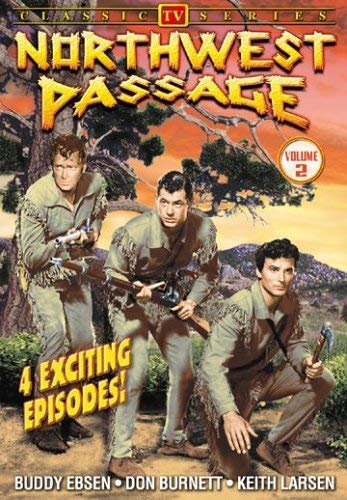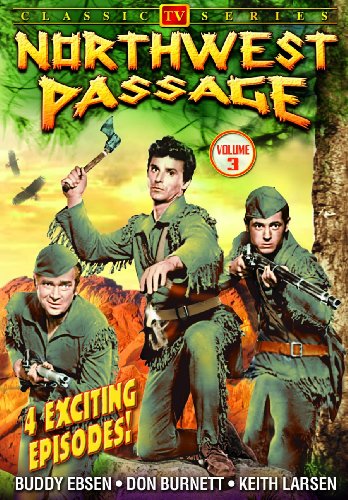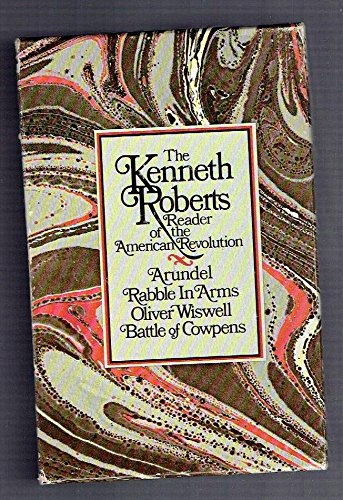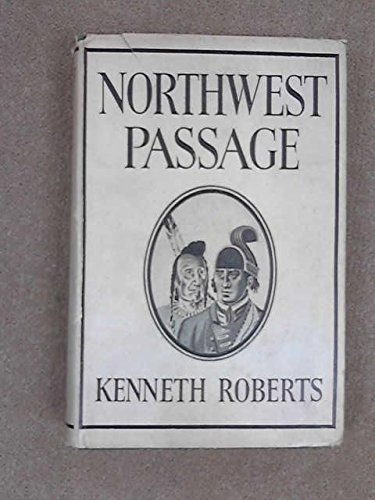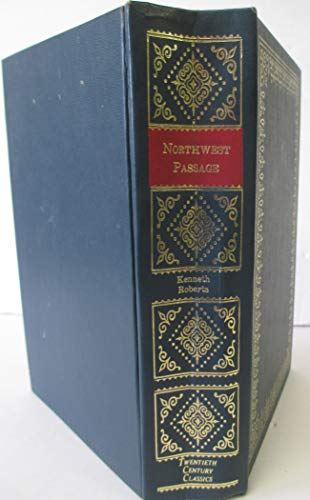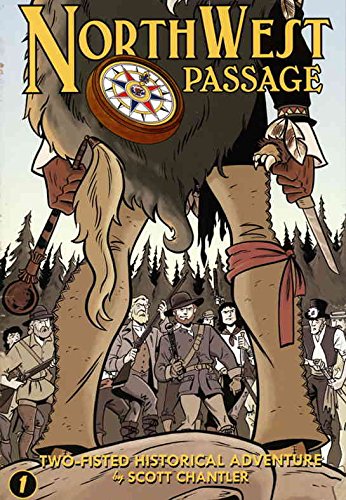The 1940 motion picture directed by King Vidor was based on a 1937 Kenneth Roberts novel of the same title which tells the story of two friends who join Rogers' Rangers, an elite force of green-clad frontiersmen attached to the British Army in the wilderness of New York during the French and Indian War. The novel fictionalizes historical events with some carefully researched, day-by-day recreation of a 1759 raid in the St. Francis River basin of present-day southeastern Québec and New Brunswick
The film starring Spencer Tracy and Robert Young focuses on the raid and their marches before and after the battle; it infamously perpetuates a "savage Indian" stereotype with references to the fierce Abenaki (Abnaki) Indians scalpings and vicious dismemberments.
The Northwest Passage is mentioned a few times in the film, but dropped until the ending when the Rogers' Rangers march off to find the Northwest Passage in a sequel that was never produced.
The film paints a glorifying picture of American exceptionalism, likely to encourage enlistment in the military prior to World War II.
Elizabeth Browne: Is there a Northwest Passage?
Major Robert Rogers: Who knows. It's every man's dream to find a short route to his heart's desire. If the major dreams long enough, he'll find it.
Elizabeth Browne: Will we hear from him?
Major Robert Rogers: Hear from him? Every time we look across the river we'll hear his voice calling us through the wind. He'll be within us, Elizabeth - wherever we are or he may be - for that man will never die.



